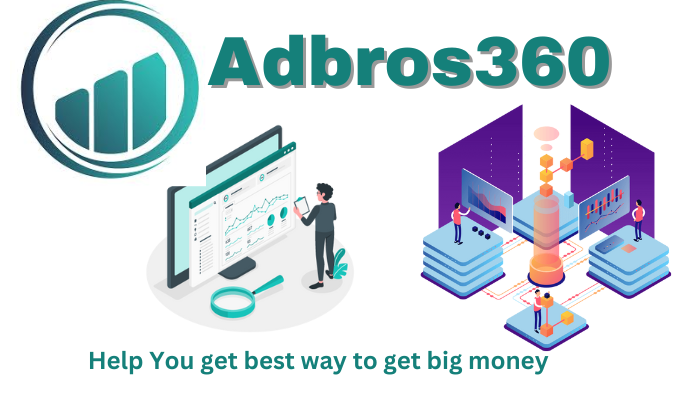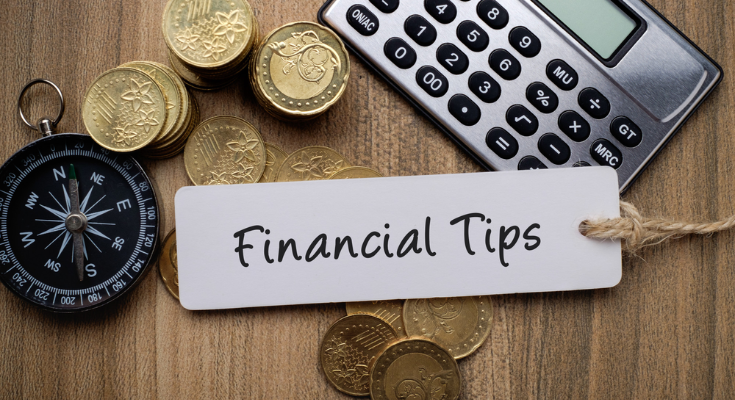Debt can be a significant burden, affecting one’s financial stability and overall well-being. Effective debt management is essential to regain control over finances and achieve long-term financial freedom. This article explores various strategies to pay off debt quickly, providing practical tips and insights to help you on your journey to a debt-free life.
Understanding Debt and Its Impact
Debt is a common aspect of modern life, often resulting from credit cards, loans, mortgages, and other financial commitments. While borrowing can be useful, excessive debt can lead to financial strain. High-interest rates, compounded over time, increase the total amount owed, making it challenging to pay off the principal balance. This financial pressure can also affect mental health, relationships, and overall quality of life.
Assessing Your Debt Situation
Before implementing any debt management strategy, it’s crucial to have a clear understanding of your debt situation. Start by listing all your debts, including credit card balances, personal loans, student loans, and mortgages. Note the interest rates, minimum monthly payments, and outstanding balances for each debt. This assessment will help you prioritize your debts and determine the most effective repayment strategy.
Creating a Budget
A well-structured budget is the foundation of any successful debt management plan. By tracking your income and expenses, you can identify areas where you can cut back and allocate more funds toward debt repayment. Start by listing all sources of income, followed by fixed expenses such as rent or mortgage payments, utilities, and insurance. Next, categorize your variable expenses, including groceries, transportation, and entertainment. Analyzing your spending habits will help you identify non-essential expenses that can be reduced or eliminated.
Debt Repayment Strategies
Several strategies can be employed to pay off debt quickly. Each strategy has its own advantages, and the best approach depends on your financial situation and preferences. Here are some of the most effective debt repayment strategies:
The Snowball Method
The snowball method focuses on paying off the smallest debt first while making minimum payments on larger debts. Once the smallest debt is paid off, the money that was being used for its payments is then directed toward the next smallest debt. This approach creates a sense of accomplishment and motivation as each debt is paid off, providing momentum to tackle larger debts.
The Avalanche Method
The avalanche method prioritizes paying off debts with the highest interest rates first. By focusing on high-interest debts, you reduce the total amount of interest paid over time. This method can save money in the long run but may take longer to see significant progress, which can be discouraging for some individuals.
Debt Consolidation
Debt consolidation involves combining multiple debts into a single loan with a lower interest rate. This can simplify your payments and potentially reduce the overall interest paid. Debt consolidation options include personal loans, balance transfer credit cards, and home equity loans. It’s essential to carefully evaluate the terms and fees associated with consolidation to ensure it’s the right choice for your situation.
Debt Management Plans
A debt management plan (DMP) is a structured repayment plan created by a credit counseling agency. The agency negotiates with creditors to reduce interest rates and create an affordable repayment plan. You make a single monthly payment to the agency, which then distributes the funds to your creditors. A DMP can provide relief from high-interest rates and simplify the repayment process, but it may also affect your credit score.
Increasing Your Income
Boosting your income can accelerate debt repayment. Consider taking on a part-time job, freelance work, or selling unused items to generate extra cash. Additionally, explore opportunities for career advancement or ask for a raise at your current job. The additional income can be directly applied to your debt, helping you pay it off more quickly.
Cutting Expenses
Reducing your expenses is another effective way to free up funds for debt repayment. Look for areas where you can cut back, such as dining out, subscription services, and unnecessary purchases. Implementing cost-saving measures, like cooking at home, using public transportation, and shopping for sales, can significantly impact your budget and allow you to allocate more money toward debt repayment.
Building an Emergency Fund
While focusing on debt repayment, it’s also essential to build an emergency fund. An emergency fund provides a financial cushion for unexpected expenses, preventing you from relying on credit cards or loans. Aim to save at least three to six months’ worth of living expenses in a separate, easily accessible account. Building an emergency fund simultaneously with debt repayment can be challenging, but even small contributions can add up over time.
Staying Motivated
Paying off debt requires discipline and perseverance. Setting specific, achievable goals can help you stay motivated throughout the process. Celebrate small victories, such as paying off a credit card or reaching a savings milestone. Surround yourself with supportive friends and family who understand your goals and can offer encouragement. Tracking your progress visually, such as with a debt payoff chart, can also provide a sense of accomplishment and keep you motivated.
Avoiding New Debt
While paying off existing debt, it’s crucial to avoid accumulating new debt. Practice mindful spending and resist the temptation to make impulse purchases. Use cash or debit cards instead of credit cards to prevent further debt. If you must use a credit card, ensure that you can pay off the balance in full each month to avoid interest charges.
Seeking Professional Help
If you’re struggling to manage your debt on your own, consider seeking help from a certified credit counselor. Credit counseling agencies offer free or low-cost services, including financial education, budgeting assistance, and debt management plans. A credit counselor can provide personalized advice and support, helping you develop a realistic and effective debt repayment strategy.
Monitoring Your Credit
Regularly monitoring your credit report is essential for managing debt and maintaining a healthy credit score. Obtain a free copy of your credit report from each of the three major credit bureaus—Equifax, Experian, and TransUnion—once a year through AnnualCreditReport.com. Review your report for errors or discrepancies and dispute any inaccuracies. A good credit score can help you qualify for lower interest rates and better financial opportunities in the future.
FAQs
What is the fastest way to pay off debt? The fastest way to pay off debt is by using a combination of the avalanche method and increasing your income. Focus on paying off high-interest debts first while simultaneously cutting expenses and boosting your income to allocate more funds toward debt repayment.
Should I prioritize paying off debt or saving for an emergency fund? Both are important, but it’s generally recommended to build a small emergency fund (at least $1,000) before aggressively paying off debt. This provides a financial cushion for unexpected expenses, reducing the need to rely on credit.
Can I negotiate with creditors to lower my debt? Yes, you can negotiate with creditors to lower your interest rates, waive fees, or settle for a reduced amount. It’s often beneficial to work with a credit counselor who can negotiate on your behalf and create a manageable repayment plan.
How can I stay motivated to pay off debt? Staying motivated can be challenging, but setting specific goals, tracking your progress, celebrating small victories, and seeking support from friends and family can help. Visual aids, like debt payoff charts, can also provide a sense of accomplishment and motivation.
Is debt consolidation a good idea? Debt consolidation can be a good idea if it helps you secure a lower interest rate and simplifies your payments. However, it’s essential to carefully evaluate the terms and fees associated with consolidation to ensure it’s the right choice for your situation.
How does a debt management plan affect my credit score? A debt management plan can initially lower your credit score due to closing accounts and negotiating lower interest rates. However, consistently making on-time payments and reducing your overall debt can improve your credit score over time.
What are the risks of taking on new debt while paying off existing debt? Taking on new debt while paying off existing debt can undermine your progress and lead to a cycle of debt. It’s crucial to practice mindful spending, avoid impulse purchases, and use cash or debit cards to prevent further debt accumulation.
Can increasing my income significantly impact my debt repayment? Yes, increasing your income can significantly impact your debt repayment. Additional income can be directly applied to your debt, helping you pay it off more quickly and reducing the overall interest paid.
Effective debt management requires a combination of strategic planning, disciplined spending, and proactive financial decisions. By assessing your debt, creating a budget, and implementing targeted repayment strategies, you can regain control over your finances and achieve long-term financial stability.



